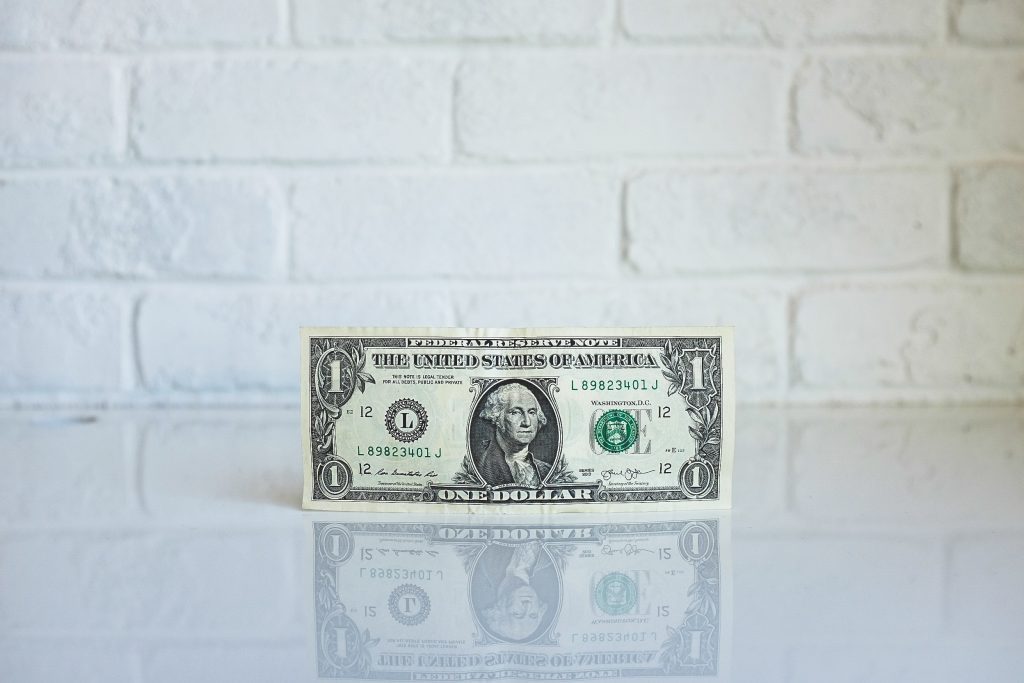1Password, Day One, and now Ulysses, turn to the subscription model. I don’t think this is a good thing.
1Password started to push for their server sync feature, with personal and family accounts. Subscribe ($36 for personal, $60 for family), get your passwords in the cloud, that sort of thing. It works well enough, we use it at my agency, but I don’t particularly like it. The main reason is that it is a potentially faulty chain in my security. 1Password is well know, hell, I’ve praised it so many times anyone looking for my stuff illicitly would start there! So now my passwords are as safe as 1Password can make them on their servers, with the added layer of complexity of their very own service. If they screw up something in their server architecture, I’m at risk. If they happen to be caught up in the next Heartbleed, if there’s a government backdoor in their server OS, my passwords are at risk. Encrypted, but still at risk.
Now, all cloud services screw up from time to time. Nothing is ever 100% safe. Dropbox has had security breaches, why wouldn’t 1Password? I’ll go one step further: With Dropbox, you don’t know what you’ll find should you get in. With 1Password, you know you’ll find passwords.
I don’t like it.
Which brings me to journaling app and service Day One. They forced their own sync service on their users, keeping their Classic version available for legacy users. Who wants an abandoned version that won’t get proper updates? No one, that’s who – Classic is more of a PR move than anything else. So they forced us to move our journals to their own sync engine. It works well enough, but to begin with traffic wasn’t encrypted. That’s scary, your words are traveling from your device to their servers in plain fucking text. Better not write something too personal in your journal, eh?
It got worse when they moved to the premium subscription model ($35/year as an introductory price, $25/year for current users), with chaos around current customers (that all get some sort of account) and paying ones. It’s still somewhat unclear what it’ll mean for those of us who’ve bought the apps (plural) over the years, and got our accounts upgraded. We’ll get a basic experience, but obviously premium subscribers will get a better one, right? The verdict is out on this one, and Day One support has been stellar trying to solve weird things that especially seems to happen to Apple family accounts. Still, it’s a journaling app that wants me to subscribe to a service that, let’s face it, is less secure than iCloud. That’s a weak pitch to a faulty business model in my opinion.
Then there’s Ulysses. I’m supposed to subscribe to this writing app ($40/year) now. Current users get 50% off, which is applauded all over the Apple-centric blogosphere.
Why should I subscribe to a text editor again?
“It’s because the developers need to make money, stupid!”
I don’t begrudge anyone making money, especially not when it’s quality software like Ulysses (or Day One, or 1Password – they’re all in my setup as I’m writing this). But why should I pay to be able to edit files I authored, in an app I paid for? That’s what happens if I decide not to subscribe, my app turns read only. I’ll have to export my content and move elsewhere.
Am I going to subscribe to my web browser next? To my email client? Is everything turning into a subscription because the marketplace has dumped its prices on itself? Will anything that isn’t open source just plain implode?
That’s not going to work. Three apps all want me to pay money, a total of $111 per year (assuming only personal accounts, discounts will bring that down a bit). They all get daily use from me, no brainer to pay up, right?
Well, no. Again, I don’t begrudge the developers making money, and I sure won’t say that any of these apps aren’t worth their asking price. I will say that they’re not acting in the best interest of the customer, however.
- 1Password pushes a service that will make my passwords more vulnerable to attack, and add very little if anything to my experience as a user.
- Day One pushes a service that offer no immediate benefit to the user over the original iCloud sync, unless you want to publish your journal entries on their dayone.me thing which they could charge for (but nobody’d pay).
- Ulysses locks all my documents and charges me to use their app with no benefit over the current version whatsoever.
Yeah, that’s all about the user experience and satisfaction, isn’t it?
I get it though. People buy an app and then they use it for years. If that app was $3 then that’s not a lot of money per user, especially if you decided to build and host an infrastructure. That costs money. I get it. Ulysses developer Max Seelemann explains why they decided on going down the subscription route. Subscription income brings stability and room to grow, no doubt about it. But how many apps and services can we afford to subscribe to? The three mentioned here – 1Password, Day One, and Ulysses – are all popular choices. You could argue that Ulysses is a ”pro” app, and thus it can (and maybe should) cost more, but the same can be said about the other two. Add a subscription to a todo app, a project management app, and maybe an office app, and you’ll be well over $200/year. God forbid you have further needs than that…
I don’t think forcing people to sign up for a subscription is the solution. 1Password is great, and still usable through Dropbox sync, but it won’t be in the long run, no matter what they say. At least not if you want all the bells and whistles. Day One still works for current customers, but sooner or later you’ll have to pay to not get a lesser experience (and I’m still not sure if my data is encrypted or not). Ulysses just makes your content read only, which clearly is the biggest dick move of them all. I love their app, but they’re trying to bully me into paying a monthly fee.
Why are you applauding this? What is the upside?
Is it that app developers get paid? Short term, sure. Long term, hundreds of competing developers will see an opening and burst in with apps, clones perhaps, but without subscriptions. These apps might not be as good, but if they’re good enough then that’s it. We’ll get worse apps for no reason other than that we’ve enabled broken business models.
We all need to pay rent and mortgages, buy food and all that goes with life. Developers and users alike, we’re all entitled to a good life, or at least I like to think so. That means that we’ll have to pay for what we use. If a developer charges $3 or $5 for an app once, then never again, then that’s a bad deal as soon as support, maintenance, and new features overtake the steady flow of new customers. No doubt about it. $15 once? $30? When does it become a good deal? That’ll depend. As Max Seelemann points out in his aforelinked post, the spikes of releases makes it tricky to make ends meet. The app stores are skewed.
If you charge $40 per year to use your app, you better have a damn good argument. Because you’re just a place I store my passwords, a collection of journal entries, or a bunch of organized text files. I can replace any of you right now, for a nominal cost, and if I can then so can everyone else. Because $40/year is a lot for an app, and it’s a huge step away from our idea of what an app should cost and how it should be paid for. You better damn well bring something new to the table, not limit what I already bought.
None of these much loved apps succeed at this. They’re forcing their new business models onto their users. It might be necessary for them to survive, but it is disrespectful. I don’t think the users will stand for it in the long run, and we’ll be short some amazing apps.

